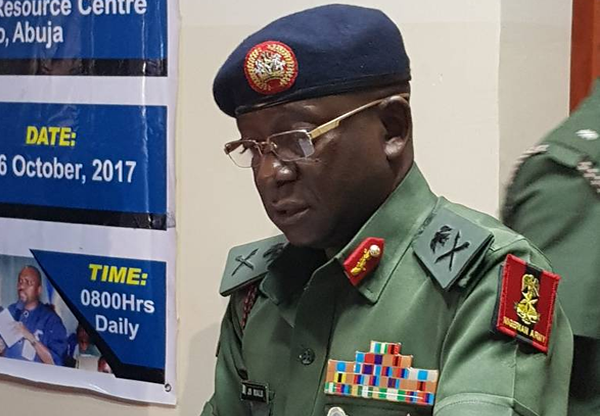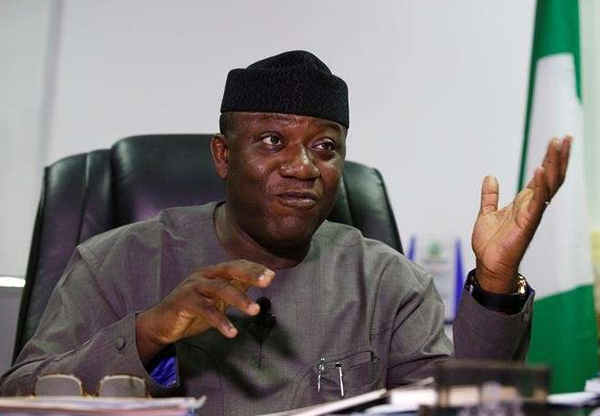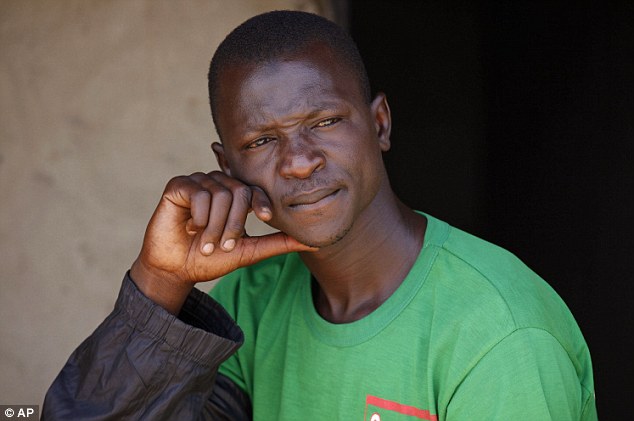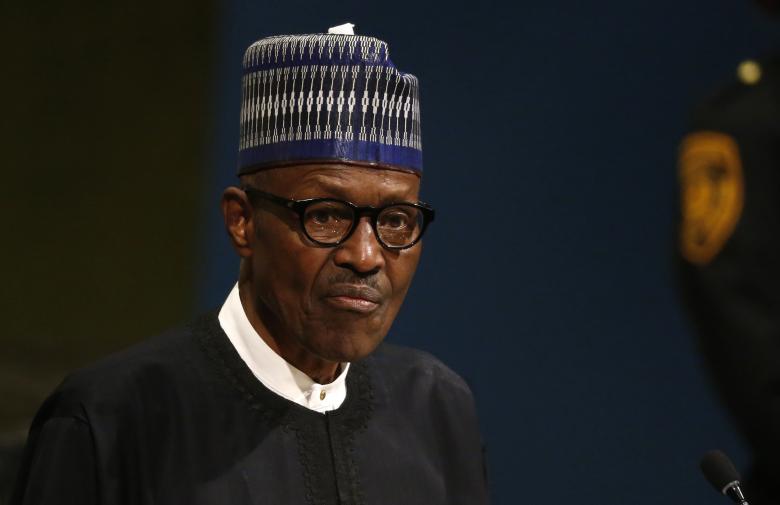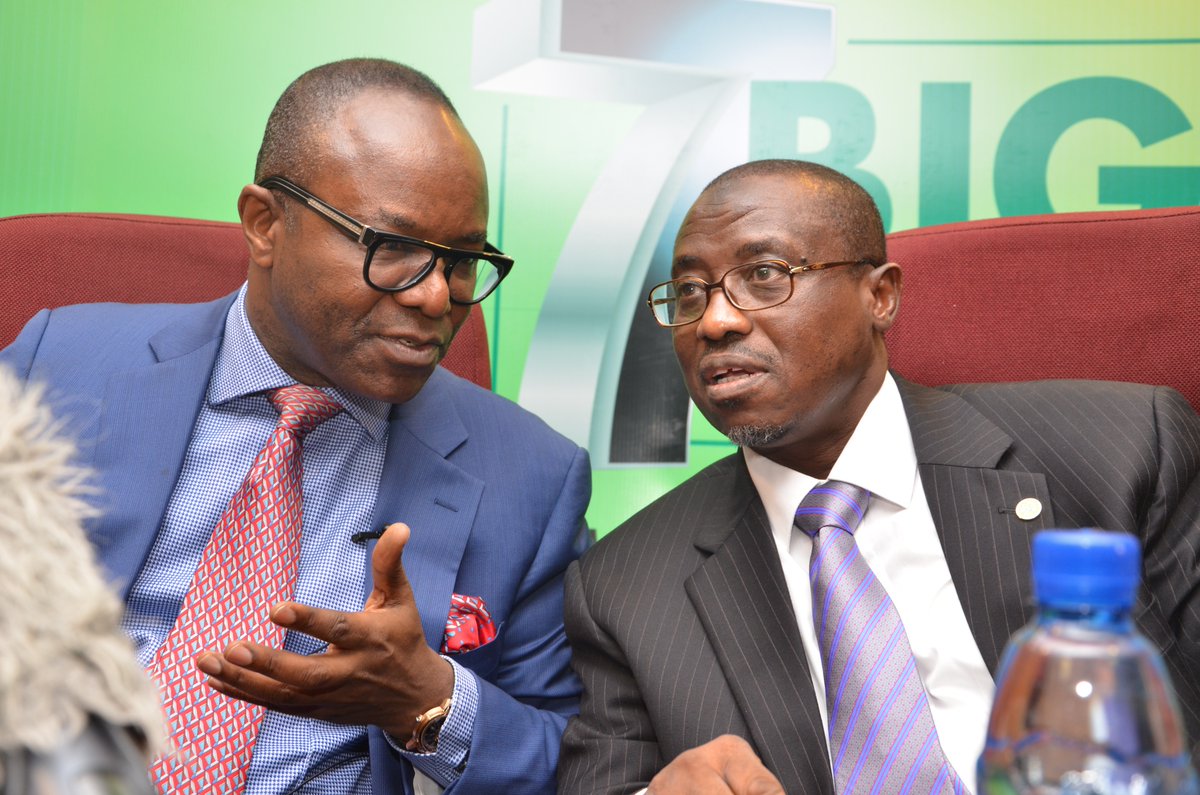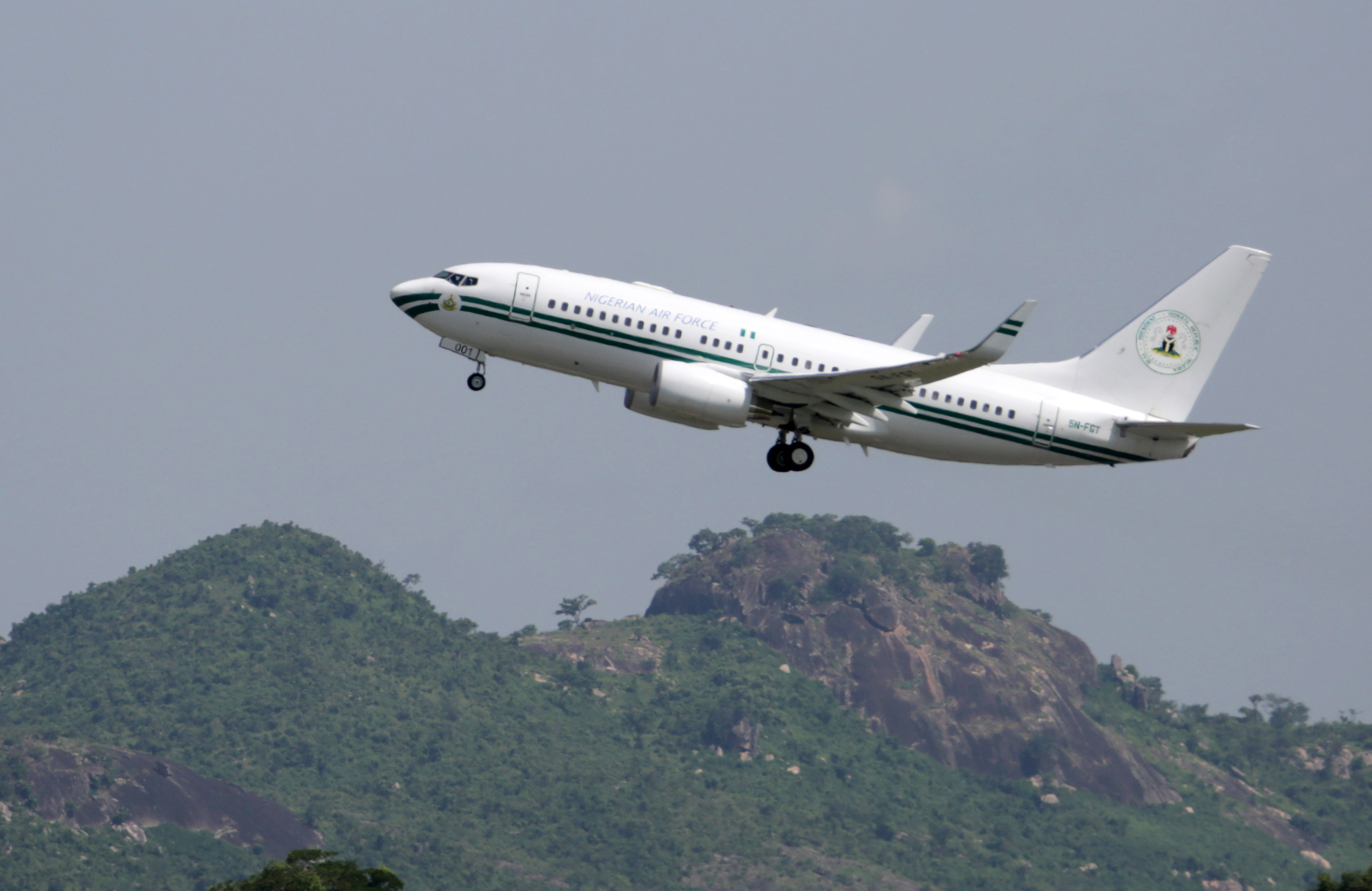BY JESSICA ANGULA
Terrorism wars are generally acknowledged as very difficult to prosecute on account of its asymmetrical nature. Terrorists and their sympathizers or sponsors have manifold tactics they deploy to operate with maximum safety, prolong terrorism wars and project insurgency as triumphing against the forces of state. And one of its greatest weapons has been the use of propaganda, to market a bogus illusion of victory or strength, even where terrorists are apparently defeated or suffer irrecoverable fatalities.
The sophistry of propaganda has increasingly attracted attention in the management of terrorism warfare and other wars generally. Experts in the dissemination and management of information about armed conflicts are alarmed at the evolving trends in war-time, which has become an indispensable determinant of final victories in war.
At the recently concluded workshop anchored by the Directorate of Army Public Relations (DAPR) christened “DAPR Media Workshop and combined Second/Third Quarter Study Period 2017,” the Director, DAPR, Brig. Gen. SK. Usman made a striking statement. In his opening remarks for media workshop with the theme, “Enhancing Human Rights during Internal Security Operations through Effective Information Management”, Brig.Gen. Usman reeled out a dazzling kicker in these profound words;
“… the role information management officers play in the various theatres of operations where the physical battle space is witnessing aggression in the forms of propaganda and psychological warfare which is compounded by advancement in information communication technology.”
Advertisement
It is food for thought. The Nigerian experience in counter-insurgency operations especially in the Northeast drapes with narratives of bitter propaganda by the media in favour of terrorism, even when it became clear Boko Haram terrorists had been decimated and defeated. The advancement in Information and Communication Technology (ICT) and its genre of Citizen journalism perforated the sacredness of media contents and assisted immensely in festering terrorists propaganda at the expense of state security.
The social media provided platforms for all manner of reportage, which went into the public space, unregulated, uncensored and unedited. Nigeria has been seriously battered by both social media activists and media practitioners in the traditional media, as most aspects of news reports on the counter-terrorism operations in the country yawningly opposed the tripod of accuracy, fairness and balance. It further abused the spirit of patriotism and loyalty to the country and with it, a compromised public security and safety.
It is plausible to concede that some aspects of the negative reportage of the ongoing counter-insurgency operations in the country have been spurred by genuine ignorance and the innate helplessness of the reporter to weigh national interest over and above, the exigencies of scooping news. But there are also several instances where the media never faltered in promoting terrorists propaganda at the detriment of public security chiefly out of mischief and a carefully contrived agenda of insidiously emboldening insurgents for some pecuniary benefits. Here, the reporter finds himself doing the hatchet job for some veiled sponsors.
Advertisement
This has been a serious cause of concern for information managers in war situations. This concern cannot be overlooked or ignored in an age where global consciousness is minutely activated by the media, which is made accessible and much easier with social media platforms. Therefore, the realization that propaganda is key to winning the war on terror explains why the Nigerian Army, under the leadership of the Chief of Army Staff (COAS) Lt. Gen. Tukur Yusufu Buratai spared no effort in matching cyberspace terrorism with the strength of a lion.
The United States (US) Secretary of States, Mr. Rex W. Tillerson relieved the impact and the imperative for nations of the world to emulate the Nigerian example of the multifaceted strategies and tactics in combating terrorism. He was impressed that Nigeria’s Army Chief and leader of the counter-insurgency war, Gen. Buratai expanded his war-chest to include combating cyberspace terrorism in confronting Boko Haram terrorists, which Tillerson applauded as crucial in the decimation and defeat of terrorists in Nigeria.
Speaking at the “Global Coalition Working to Defeat ISIS,” summit in Washington .D.C, Tillerson was plain thus; “But let me be clear: we must fight ISIS online as aggressively as we would on the ground.” It underscores the importance of good public relations management of propaganda in terrorism warfare.
Therefore, the media worshop organized by the DAPR for media practitioners, with expanded participation to include editors, defence correspondents, as well as the Deputy Directors of Army Public Relations, Officers and some select soldiers of this Directorate from the field, is instructive, timely and beneficial to the participants. The media workshop became necessary to assist in training information purveyors on how best to report the counter-insurgency operations in the country anchored by the Nigerian Army, in models of reports which should conform with international best practices and at the same time, promote a sense of public security and patriotism to the nation.
Advertisement
It is obvious that the DAPR has been instrumental in winning the war against terrorism and consummation of peace by Nigerians. It has mounted the media horse fearlessly, truthfully and unceasingly, which laid the template for public appreciation of troops restoration of peace and the stabilizing the rebuilding process in Nigeria’s Northeast. Sketches of news reports purportedly emanating from the theatre of war and ostensibly, from terrorists agents had from time to time attempted to disrupt and scuttle restoration of normalcy in the region.
Nigerians witnessed how terrorists e-rats created imaginary terrorists attacks or magnified isolated, minor incidents of bomb explosions, to create fear of insecurity in returnee IDPs and persons who were stitching together pieces of their devastated lives. The negative reports were publicized in the face of glaring and evidential proofs of the defeat of terrorists and the fleeing of remnants of terrorists from the shores of Nigeria.
But professionally and astutely, the DAPR deflated and countered such propaganda, which sole purpose was to embolden terrorists with the delusion of their potency to strike or competence to overpower Nigerian troops. Added to it, the vile terrorists propaganda was further amplified by other indolent media organizations which became copycats of unconfirmed and unverified news reports.
However, while interest appeared galvanized in promoting fake and concocted actions of terrorists, the media disappointingly showed disinterest in publicizing the milestones and triumphs of Nigerian troops against insurgents on the battlefield. They unfortunately, failed to understand that the scenario projected two angles; becoming publicists for terrorists was just a sure way of encouraging the extremists and conversely, reflecting the established victories of soldiers against insurgents, served to weaken their zeal and resolve to continue with the war.
Advertisement
But the DAPR continued to defray the reports and constantly furnished Nigerians with the true picture of the situation of the counter-terrorism operations in the Northeast. The directorate’s reports rekindled hope and instilled confidence in a population frightened by the propaganda of false might and strength by defeated terrorists.
Consequently, the dismantling of camps, the return of IDPs, the normalcy of nightlife, the revived markets, farms and other commercial activities by victims of terrorism in the Northeast is testimony of the effective work undertaken by the DAPR.
Advertisement
The media workshop exposed the participants to a range of techniques in reporting the terrorism war in Nigeria, identifying methods that could assist reporters dish out accurate information to the public as well as preserve, rather than endanger lives and property of victims trapped in the furnace of terrorism. It explains the reason for the DAPR’s engagement with the media and by extension the Nigerian public through the forum.
The Director, DAPR, Brig. Gen. SK Usman sums the essence of the media interface in these words; “it is necessary to address a situation where its successes are often down played while opinions that tend to portray the Nigerian Army in negative light are being amplified, despite genuine efforts to put the records straight. More so, it is unfair that while we repeatedly affirmed our commitment to democratic rule and values, promotion and respect for Human Rights, attempts are still being made to whip up anti-military sentiments through unwarranted antagonism from some media outlets. This often manifest itself in the publication of unverified stories or outright posting of false stories and allegations.”
Advertisement
It is therefore incumbent on reporters covering specialized beats like defence/war to observe the delicate divide between terrorism propaganda and patriotic commitment to promoting the ideas of public security for peace and development. In the prevailing case, the media is encouraged to avail themselves with the services of the active DAPR to dodge the temptation of becoming publicists for terrorists and their sponsors for the overriding national interest.
Angula, a public affairs commentator wrote this article from the United Kingdom.
Advertisement
Views expressed by contributors are strictly personal and not of TheCable.
Add a comment
